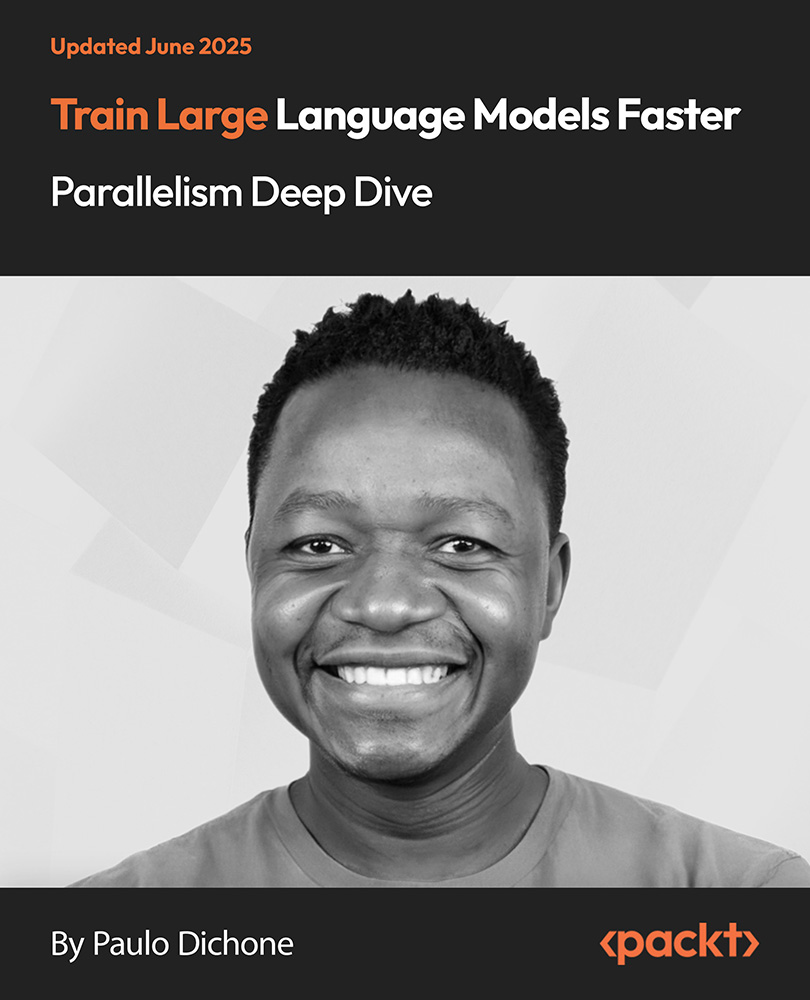When I started at Packt, I was an English grad with a passion for working with authors, editorial rule, and really wanted to get to work structuring great learning materials for consumers. I’d edited the largest Chinese-English dictionary ever compiled without speaking a word of Chinese, so what was tech but a means to an end that would allow me to work on my life’s ambition? Fast forward 2 years, and hours of independent research and reading Hacker News, and I’m more or less able to engage in a high level discussion about any technology in the world, from Enterprise class CMIS to big data platforms. I can identify their friends and enemies, who uses what, why they’re used, and what learning materials are available on the market. I can talk in a more nebulous way of their advantages, and how they ”revolutionized” that specific technology type. But, other than hacking CSS in WordPress, I can’t use these technologies. My specialization has always been in research, analysis, and editorial know-how.
In April, after deploying my first WordPress site (exploration-online.com), I decided to change this.
Being pretty taken with Python, and having spent a lot of time researching why it’s awesome (mostly watching Monty Python YouTube clips), I decided to try it out on Codecademy. I loved the straightforward syntax, and was getting pretty handy at the simple things. Then Booleans started (a simple premise), and I realised that Python was far too data intensive. Here’s an example:
· Set bool_two equal to the result of-(-(-(-2))) == -2 and 4 >= 16**0.5
· Set bool_three equal to the result of 19 % 4 != 300 / 10 / 10 and False
This is meant to explain to a beginner how the Boolean operator “and” returns “TRUE” when statements on either side are true. This is a fairly simple thing to get, so I don’t really see why they need to use expressions that I can barely read, let alone compute...
I quickly decided Python wasn’t for me. I jumped ship to JavaScript.
The first thing I realised was that all programming languages are pretty much the same. Variables are more or less the same. Functions do a thing. The syntax changes, but it isn’t like changing from English to Spanish. It’s more like changing from American English to British English. We’re all talking the same, but there are just slightly different rules.
Unlock access to the largest independent learning library in Tech for FREE!
Get unlimited access to 7500+ expert-authored eBooks and video courses covering every tech area you can think of.
Renews at $19.99/month. Cancel anytime
The second thing I realized was that JavaScript is going to be entirely more useful to me in to the future than Python. As the lingua franca of the Internet, and the browser, it’s going to be more and more influential as adoption of browser over native apps increases. I’ve never been a particularly “mathsy” guy, so Python machine learning isn’t something I’m desperate to master. It also means that I can, in the future, work with all the awesome tools that I’ve spent time researching: MongoDB, Express, Angular, Node, and so on.
I bought Head First JavaScript Programming, Eric T. Freeman, Elisabeth Robson, O’Reilly Media, and aside from the 30 different fonts used that are making my head ache, I’m finding the pace and learning narrative far better than various free solutions that I’ve used, and I actually feel I’m starting to progress. I can read things now and hack stuff on W3 schools examples. I still don’t know what things do, but I no longer feel like I’m standing reading a sign in a completely foreign language.
What I’ve found that books are great at is reducing the copy/paste mind-set that creeps in to online learning tools. C/P I think is fine when you actually know what it is you’re copying. To learn something, and be comfortable using it in to the future, I want to be able to say that I can write it when needed.
So far, I’ve learned how to log the entire “99 Bottles of Beer on the Wall” to the console. I’ve rewritten a 12 line code block to 6 lines (felt like a winner). I’ve made some boilerplate code that I’ve got no doubt I’ll be using for the next dozen years. All in all, it feels like progress. It’s all come from books.
I’ll be updating this series regularly when I’ve dipped my toe into the hundreds of tools that JavaScript supports within the web developer’s workflow, but for now I’m going to crack on with the next chapter.
For all things JavaScript, check out our dedicated page! Packed with more content, opinions and tutorials, it's the go-to place for fans of the leading language of the web.
 United States
United States
 Great Britain
Great Britain
 India
India
 Germany
Germany
 France
France
 Canada
Canada
 Russia
Russia
 Spain
Spain
 Brazil
Brazil
 Australia
Australia
 Singapore
Singapore
 Canary Islands
Canary Islands
 Hungary
Hungary
 Ukraine
Ukraine
 Luxembourg
Luxembourg
 Estonia
Estonia
 Lithuania
Lithuania
 South Korea
South Korea
 Turkey
Turkey
 Switzerland
Switzerland
 Colombia
Colombia
 Taiwan
Taiwan
 Chile
Chile
 Norway
Norway
 Ecuador
Ecuador
 Indonesia
Indonesia
 New Zealand
New Zealand
 Cyprus
Cyprus
 Denmark
Denmark
 Finland
Finland
 Poland
Poland
 Malta
Malta
 Czechia
Czechia
 Austria
Austria
 Sweden
Sweden
 Italy
Italy
 Egypt
Egypt
 Belgium
Belgium
 Portugal
Portugal
 Slovenia
Slovenia
 Ireland
Ireland
 Romania
Romania
 Greece
Greece
 Argentina
Argentina
 Netherlands
Netherlands
 Bulgaria
Bulgaria
 Latvia
Latvia
 South Africa
South Africa
 Malaysia
Malaysia
 Japan
Japan
 Slovakia
Slovakia
 Philippines
Philippines
 Mexico
Mexico
 Thailand
Thailand














